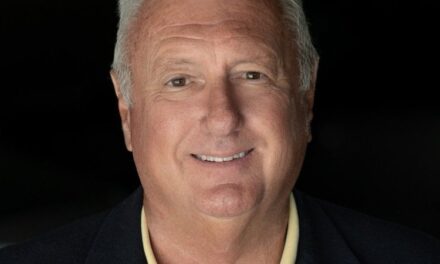As a neurosurgeon, I have, due to my current role, a daily requirement to lead an entire team every time I go into surgery to do my work. The nurses, assisting doctors, anesthesiologists, lab staff, and everyone else involved in the work up to the surgery as well as in it all have important roles.
However, at the critical moment, it is my function as the lead doctor to run the event, perform the primary work, and then oversee everyone else’s functions. At the least, it is a tremendous amount of stress, but that’s also the least of my worries. I also have to rely on my team in every function, every step, to do their jobs right. It’s human life at stake; there’s no room for error in neurosurgery.
For me, this has been his job for at least 20 years, two decades of professional action, judgment, and leading others to surgical success every time. And in that time, I have learned a lot about how people function in teams, especially under significant stress.
Strong Teams Happen Because of People, not Textbooks
People excel in teams that they feel they are a part of. With a team that runs well, each individual starts working with a greater effort and develops synergy. When it runs really well, the output is far better than anything the individuals could on their own, added up statistically. However, synergy is fleeting; it can be ruined very quickly by bad leadership, and it can also be ruined by an uncooperative element, either internal or external.
So, it’s critical for a leader both to support the growth of the team as well as protect the energy it has once it is working. It’s an ongoing task; leaders are constantly challenged by large and small conflicts, and they don’t come up in a sequential, orderly manner. As the saying goes, “Stuff happens,” and it happens a lot unpredictably.
One of the most fundamental elements of leadership in my experience has been knowing my team personally. When people are invested in each other, they are willing to proactively do more, many times without being asked or directed. That kind of personal investment happens when bonds are developed between a leader and a team, and that takes effort, time, and commitment. It also takes sacrifice on the part of the leader for the team. When they see the extent the leader will go to for them, the team responds in kind as a group. When the balance is reached between the two, the synergy starts to produce stellar results.
An Understanding Rooted in Practice
My specialty is in spine surgery. It’s a delicate, sensitive surgery once that level of medical response is needed, and the wrong steps can result in permanent damage. As a result, once the surgery has started, everything has to work correctly. No matter how much experience I apply to the instance, I have to rely on others to do their part. This dependence on the team is more than just giving direction as a leader, it’s a sense of trust, placing one’s hands in those of others and expecting to perform just as hard.
I’m not going to start writing thought leadership books or go on a speaker series expounding on the efficacy of leadership styles, one being better than the other. I’ve spent an entire career already leading people under the most difficult of circumstances, and that’s been more than enough for any sense of “accomplishment.”
However, what I have regularly shared and continues to believe in is that good leaders do their job through the people that support them. They are dependent on their teams and their team’s function because of their effective leadership, being able to focus on the surgery with a team.
So, there is a symbiotic relationship between the two. One is not parasitic on the other. Both a leader and a team mutually need each other. When a critical manager or person understands this, then he or she understands how to motivate effectively.
People who don’t understand the above end up struggling, as well as churning through people and talent who leave for better opportunities and places to work. These managers never reach the level of true leadership as a result. It’s easy to blame staff who leave, but in reality, the challenge is looking in the mirror and realizing one didn’t do enough to connect and motivate.
True leaders aren’t heroes; they are humble and know their faults, admit them, and try to motivate regardless. And that humility is often what makes a good team leader great, in my professional opinion.




